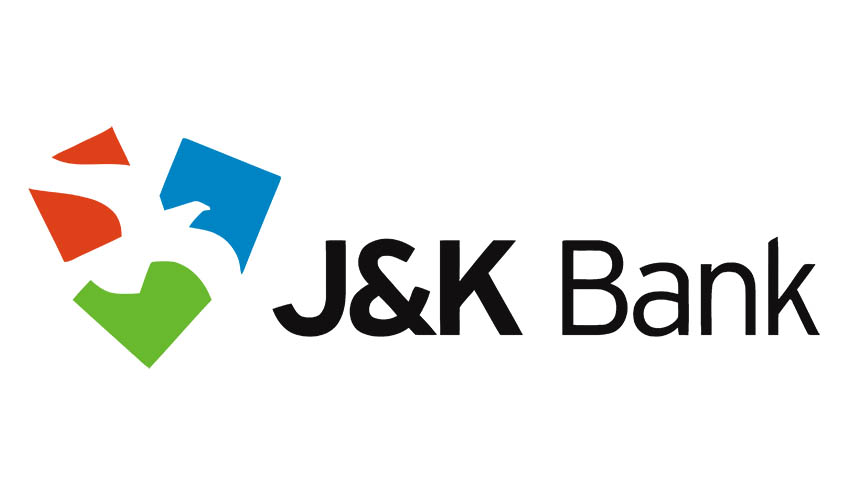An official spokesman clarified that since the government holds 60% shares in the bank, it is already a PSU and they have only declared it publicly.
SRINAGAR: After National Conference and People’s Democratic Party (PDP) taking to the streets, bank employees along with civil society and trade bodies have started protesting against the decision to treat J&K Bank as a public sector undertaking (PSU) and bring it under the purview of the legislature and the Right to Information (RTI) Act.
However, Governor Satya Pal Malik has strongly defended the decision and said that he has only tried to clean the mess in the bank as it is being “misused by the political class in the state for their vested interests.”
On 22 November, the State Administrative Council (SAC) headed by the Governor approved the proposal mooted by the state Finance department for converting the bank into a PSU. The SAC also brought it under RTI Act and has asked it to follow the Central Vigilance Commission (CVC) guidelines in future. The bank has been told to submit its annual reports to the state Assembly too.
Clarifying the government position, an official spokesman said that since the government holds 60% shares in J&K Bank Limited, it is already a PSU and they have only declared it publicly now.
He said that it was the responsibility of government to keep the functioning of the bank transparent and accountable to the people.
In a statement, the state administration has also clarified that the government has no intension to interfere in the functioning of the bank and the decision has nothing to do with the functional autonomy being enjoyed by the bank.
Dubbing it as a “step to rob Kashmir of its fiscal autonomy”, PDP chief Mehbooba Mufti said that she talked to Union Finance Minister Arun Jaitely and claimed that he has assured her that the decision would be “rescinded”.
Former chairman of the bank Haseeb Drabu said that the decision is “against the economic interest” of the state. He also refuted the Governor’s earlier allegation that all those who are opposing the move have their own personal or political interests and their opposition to the decision lacks any merit.
The civil society members and trade bodies have also described the decision as a “disaster for the economy” of the state.

